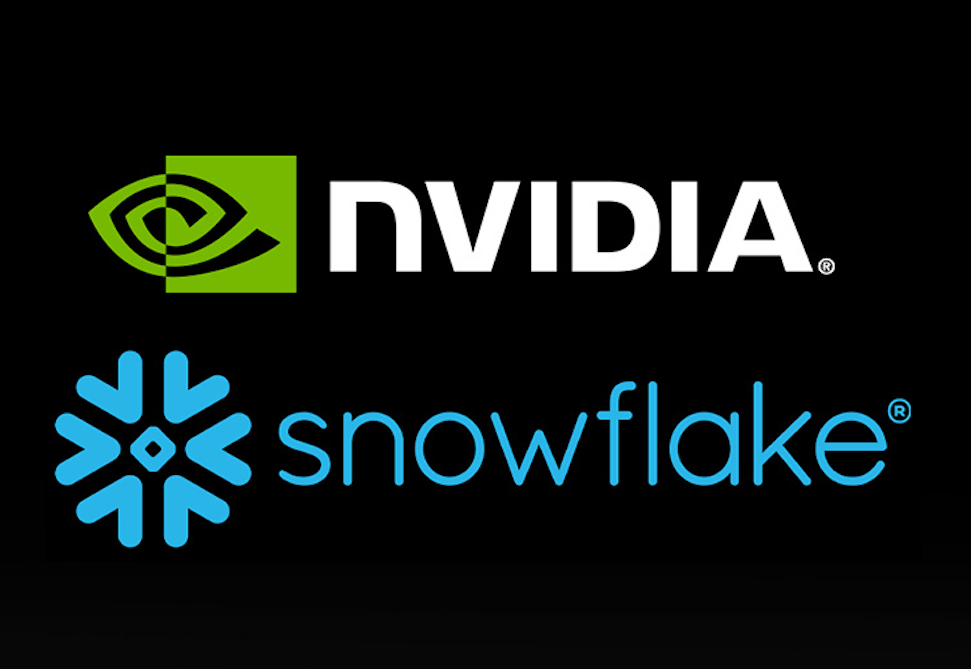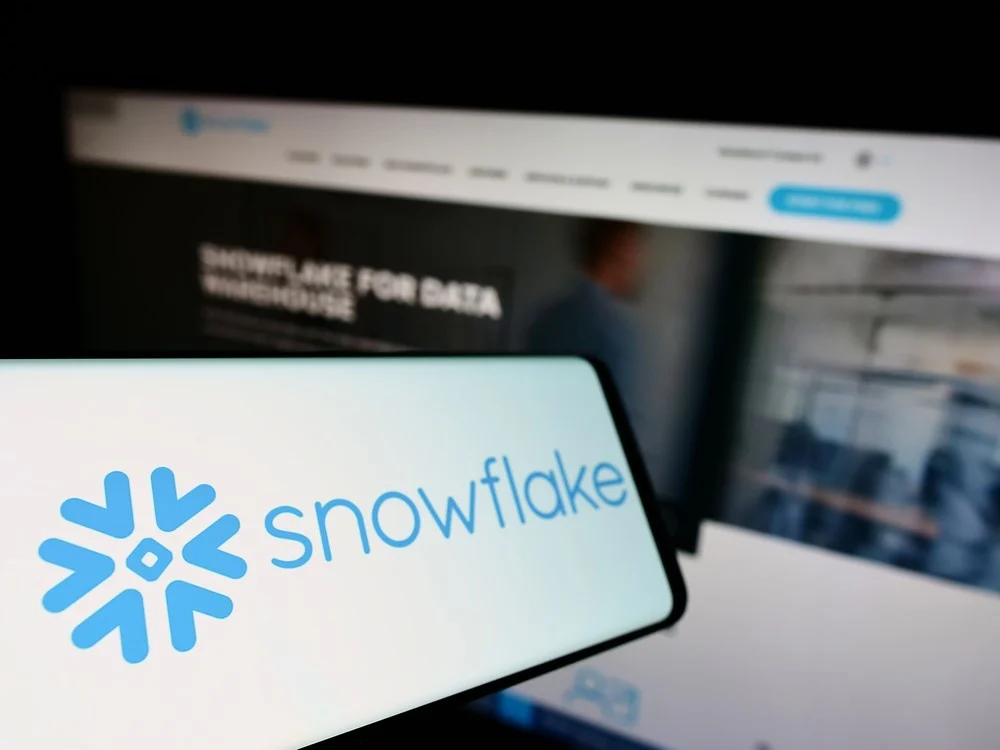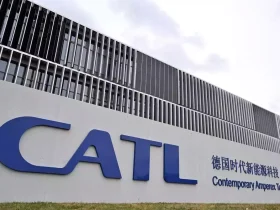Nvidia (NVDA) and Snowflake (SNOW) have revealed a new partnership that will enable Snowflake’s more than 8,000 customers to create their own generative AI assistants.
The announcement was made during a fireside chat featuring Nvidia CEO Jensen Huang and Snowflake CEO Frank Slootman at the Snowflake Summit on Monday.
This collaboration will allow Snowflake’s users to develop customized AI models using their internal data. This is significant for businesses that seek to leverage large language models and generative AI to obtain specific, company-centric responses to their queries.
With this partnership, Snowflake’s customers will have the ability to build personalized generative AI chatbots that can retrieve information from their extensive data repositories.
Nvidia will supply the foundational toolkit known as NeMO, which includes a large language model that Snowflake customers can further tailor using their own data.
Additionally, Nvidia will provide the necessary infrastructure, including graphics processing units (GPUs) required for training these generative AI models.
In May, Nvidia announced a similar partnership with ServiceNow (NOW).

However, in that case, ServiceNow handles the training of the generative AI models itself, offering customers a more immediate way to utilize generative AI capabilities without needing to train the models on their own data.
This is not the first initiative to enable companies to develop their own generative AI applications.
In May, Microsoft (MSFT) introduced its Azure AI Studio, which allows users to create custom AI-powered applications called copilots. Like Snowflake’s new offering, these copilots can function as chatbots, among other forms.
Generative AI gained significant attention when OpenAI released ChatGPT in November 2022. Since then, companies including Microsoft, Google (GOOG, GOOGL), Meta (META), and Amazon (AMZN) have either released products or discussed developments in this technology.
Nvidia, which has been investing heavily in both AI chips and the software to support them, has emerged as one of the major beneficiaries of this surge. Its shares have risen 159% over the past year and 189% year-to-date.
Nvidia’s success can be attributed to its dominance in AI chips, which are particularly well-suited for the parallel processing required by AI systems.
While AMD and Intel are also working on AI technologies, Nvidia remains the leading player in this field and is expected to maintain its position for the foreseeable future.







Leave a Reply